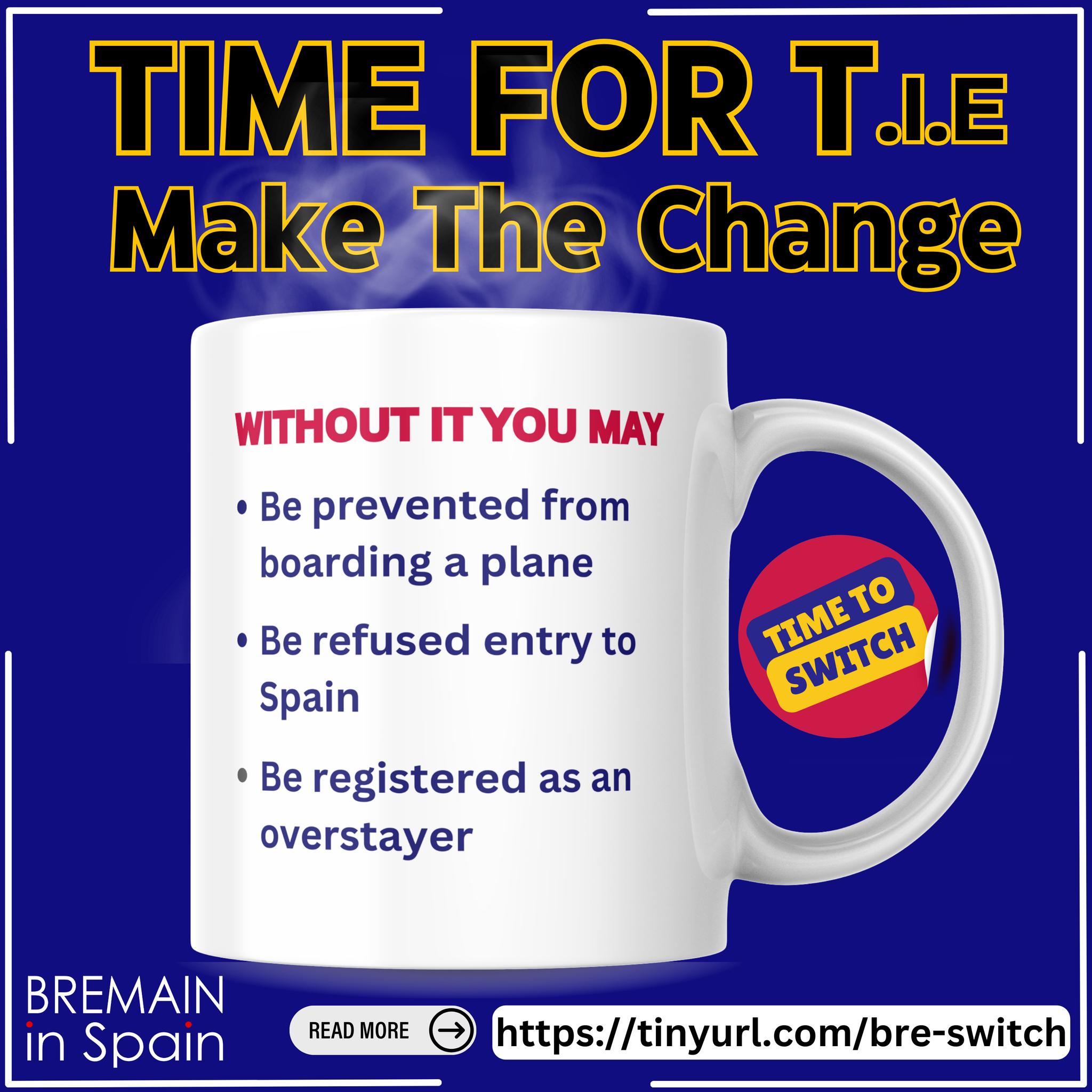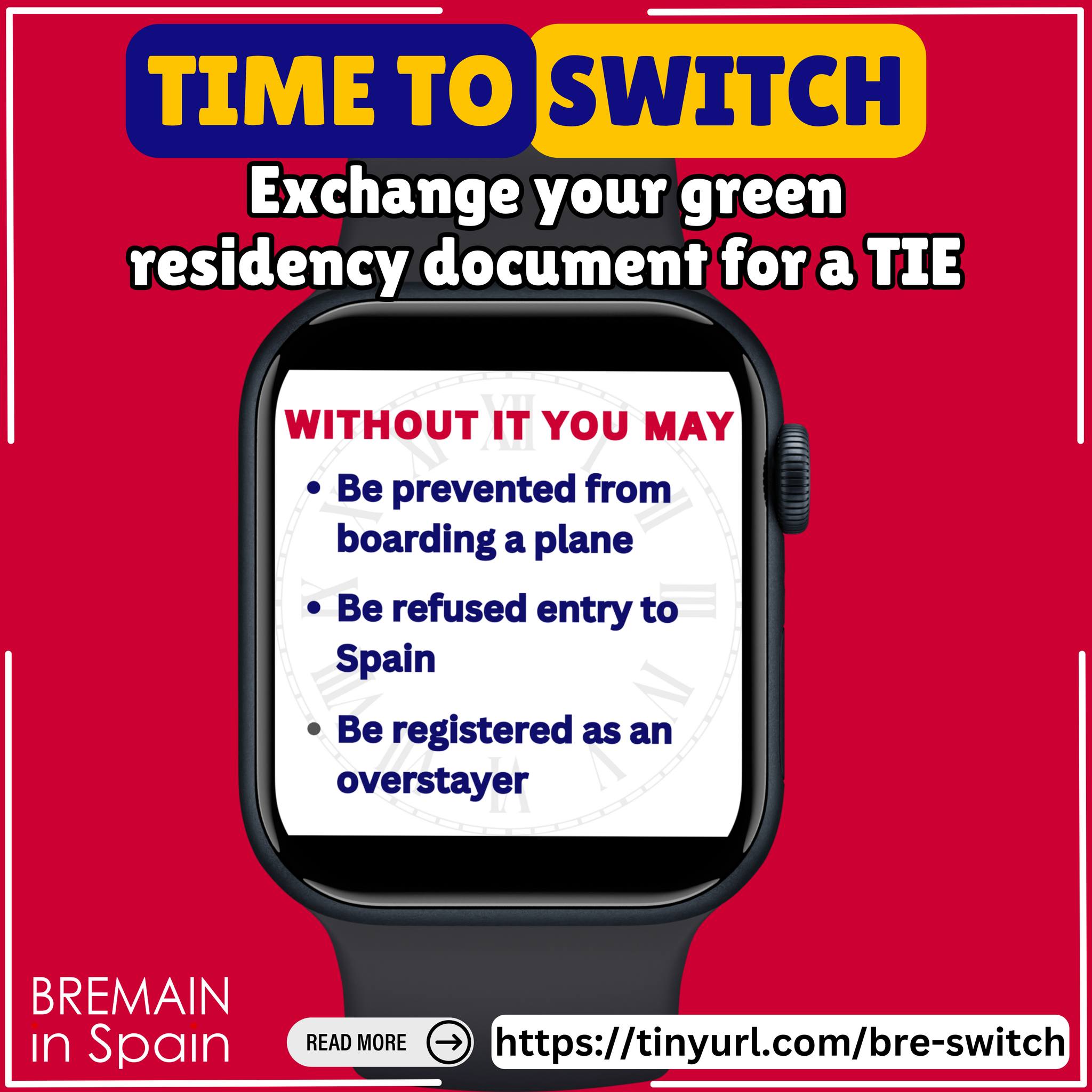
Bremainers Ask …….. Caroline Lucas
Caroline is Co-President of the European Movement, having previously served as the UK’s first Green Party MP between 2010 and 2024. Caroline also served as Leader and Co-Leader of the Green Party, and for 10 years as an MEP in the European Parliament.
She is a writer, campaigner and keynote speaker, who has won numerous awards for her work. Her latest book – ‘Another England: How to Reclaim our National Story’ – is a Sunday Times bestseller.
Michael Soffe : How can the Green Party overcome the voting system in the UK without PR? Is there something that you feel should be done differently?
Our democracy is broken. Nearly two million people voted Green at the General Election last year, and under a system of PR, that could have delivered us over 40 MPs – which would have been transformational! Instead we have four – a result that’s not only unfair, it’s a democratic crisis that leaves so many people’s voices unheard. The current system reflects an outdated political paradigm that serves the two big establishment parties and stifles the real change this country desperately needs. My hope is that, before the next election, the Labour leadership finally realises this – and recognises that it’s also in their interests to embrace electoral reform.
Labour’s members have already made their views known, when Conference voted three years ago in favour of changing the system – but Keir Starmer ignored them. It’s time he listened. But even with just four MPs, Greens are making a real difference – putting issues high on the political agenda that simply wouldn’t otherwise be there, like more ambitious climate and nature policies, bringing public services into public hands, introducing a wealth tax and – of course – much closer ties with the EU. And at a local level, Greens are going from strength to strength, with over 800 councillors, and serving as members of the administration of 40 councils.
Ruth Woodhouse : What was your greatest “takeaway” from your time as an MEP?
That the European Parliament does some really important and effective things – but we need to communicate about them so much better! During the Brexit referendum, it became clear that the vast majority of the British public had no idea that British politicians were co-legislators in Europe – which allowed the Leave campaign to claim that that EU policy was being ‘imposed’ on people. That said, the EU also needs to be more transparent and accountable so that people can genuinely see how decisions are made, and know how to influence them.
Tracy Rolfe : What effect has Brexit had on the environment and green initiatives?
A very damaging one! It’s been said that, post Brexit, environmental legislation in Britain is facing death by a thousand cuts. For example, a number of toxic chemicals that are banned in the EU can still be used in the UK. As a result, over 100 food items are allowed to carry more pesticide when sold to the UK public. It also means our waters are dirtier, and our consumer products are more likely to contribute to global deforestation.
I’m pleased that the European Movement is now doing more to campaign on the environmental impacts of Brexit and, in particular, is calling on the Government to seek to rejoin the European Environment Agency as a first step: a practical way of working more closely together on shared common problems over shared species and habitats, and also a practical way of building trust and confidence.
Steve Wilson : The Government insists that the US remains a valuable ally. Should the UK speak out against Trump as Canada, France and others have done, and what would be the ramifications of doing so?
I believe the UK should stand up to bullies. And if we did so in close cooperation with our European neighbours and others who share our values, like Canada, we’d likely be in a much stronger position than we are right now. At the moment we face the worst of both worlds – the so-called ’special relationship’ hasn’t shielded us from US tariffs, and being outside the EU means greater trade friction with European partners too. Trump had to back down over his latest round of tariffs, and is now weaker. We should capitalise on the opportunity to work together in all of our interests, rather than each suing for the most advantageous deal possible for our own individual ’national interest’.
Anon : Is Labour’s determination not to break their manifesto promises – even if harmful to economic growth and stability – ensuring they’ll be a one-term Government?
I imagine you’re talking specifically about their totally arbitrary ‘fiscal rules’ and their inflexible red lines over Europe? If so, I’d agree that it puts their re-election chances in real jeopardy. Worse, they could well be making it more likely that Reform UK will do well. People didn’t vote Labour to see more cuts to welfare and public services. I’ve been horrified to see how Labour’s response to the rise of the populist right has been to shift in their direction, rather than standing up to them. Their recent Facebook ads advertising tougher migration policies, deliberately branded as if it were from Reform, were a particularly low point. Both Starmer and Reeves keep saying the world has changed. I agree with them. So why haven’t they changed their policies to align with this new reality?
Trevor Andrews : If you were in charge of the EU, what change would be your key priority?
Properly funding the European Green Deal policies, and making them more ambitious, alongside a genuinely just transition for affected workers. That way the EU could be a real beacon of best practice and could demonstrate that Green policies tackle both social injustice and environmental degradation.
Next month
Christopher Spencer, AKA “Cold War Steve”, is a British collage artist and satirist whose work typically depicts a grim, dystopian England populated by British media figures, celebrities, and politicians. His work has been described as having “captured the mood of Brexit Britain” and he has over 388,000 followers on X.
If you wish to submit a question for consideration, please email us no later than noon on Thursday 8 May.





















